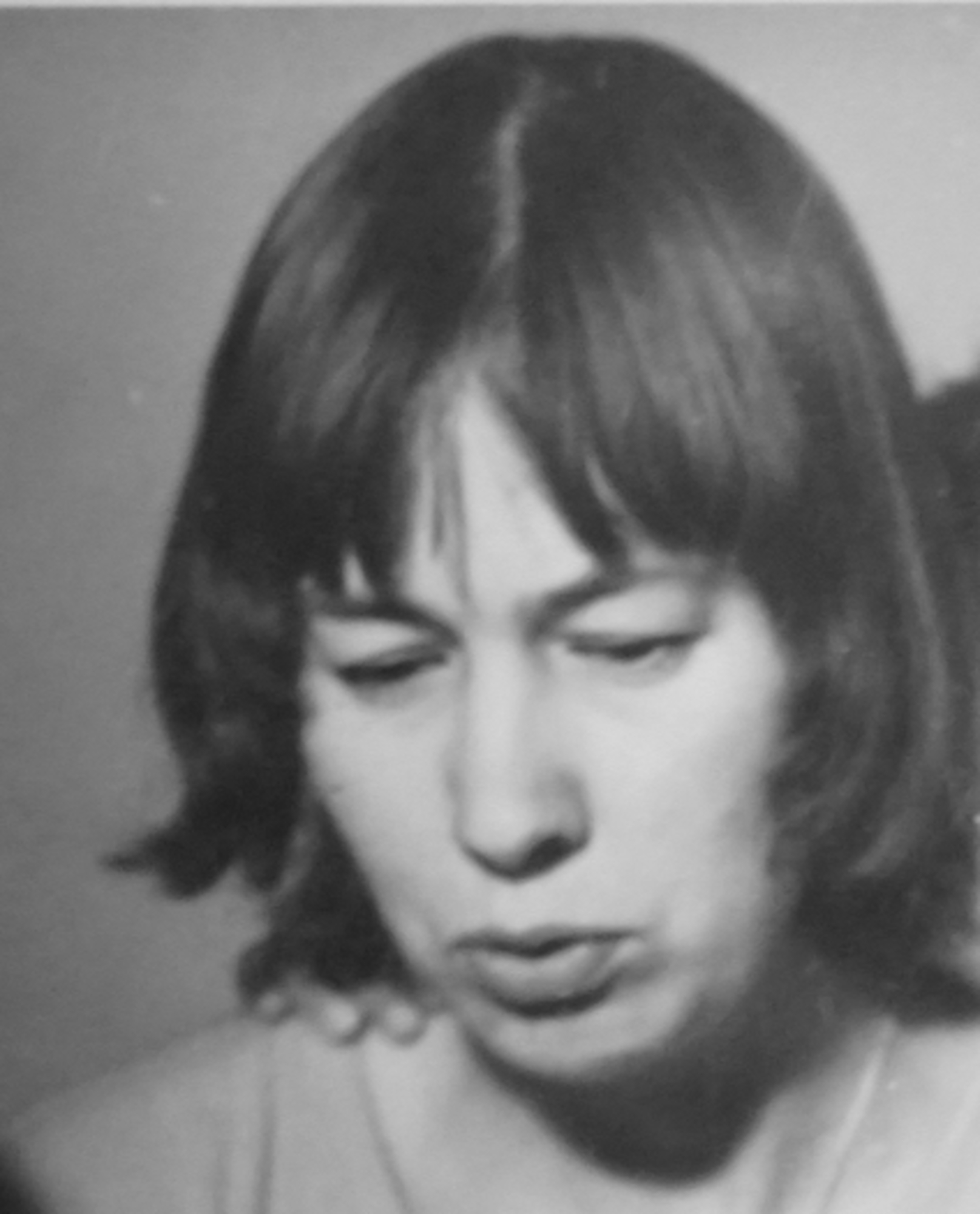They tore the house down for nothing.

Download image
Petra Parkánová, maiden name Suková, was born on March 17, 1952 in Prague. She spent her childhood in the confiscated villa of the Wiesner factory in Seč u Chrudimi. Her mother taught at the primary school there and her father worked as a manager of the local international pioneer camp; both were communists. In 1964 she moved with her family to Hanspaulka in Prague and later trained as an artistic carpenter. After 1968, her parents refused to sign a consent form for the entry of Soviet troops and were fired from their jobs. Thanks to her classmate Jiří Kubíček, she met people from the underground and met her future husband Viktor Parkán. Together with him and Mr and Mrs Kubíček, in 1976 they bought a disused farmhouse in Řepčice in České středohoří, which they turned into a free community and cultural centre where underground supporters, students, so-called free youth and prominent dissidents, including Václav Havel, who became the godfather of their son Havel, gathered. They were therefore constantly faced with surveillance and searches by the StB (State Security). In 1977, Petra Parkánová signed Charter 77. In 1981 their house was expropriated under false pretences and in 1983 it was demolished. She and her husband then bought another building in Janov near Mariánské Lázně, where they again tried to create a self-sufficient, independent cultural centre. Today, the witness lives in Prague, has five children and runs craft courses for children with mental disabilities.












